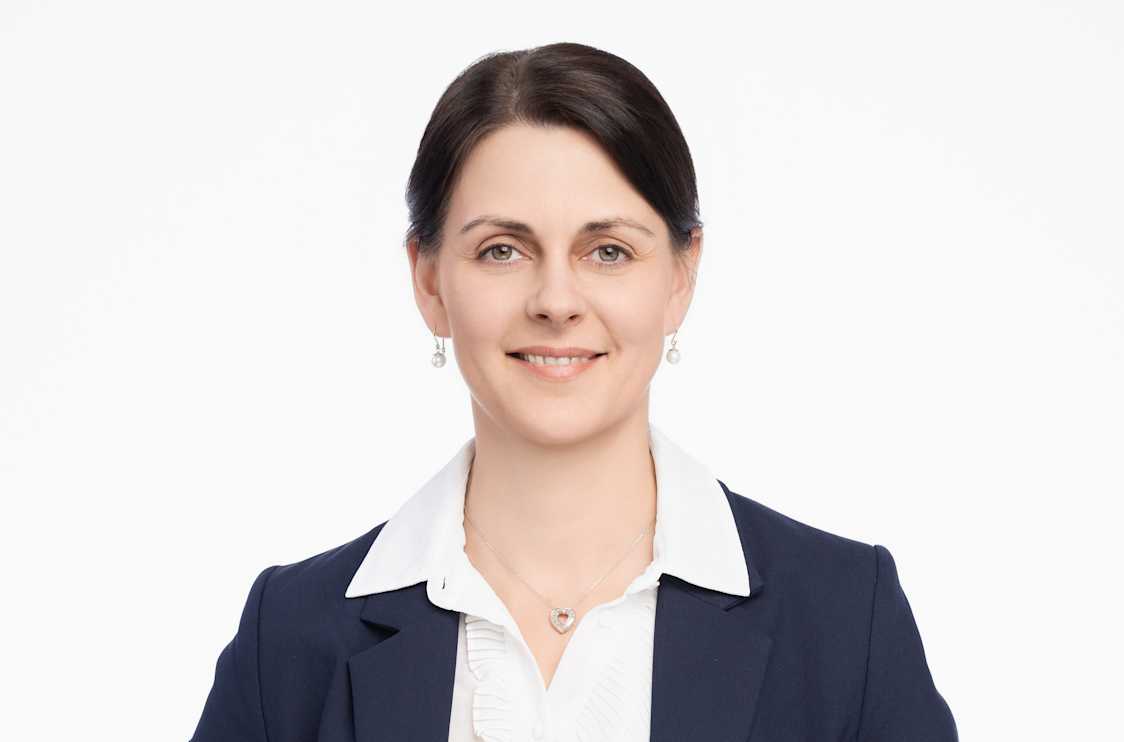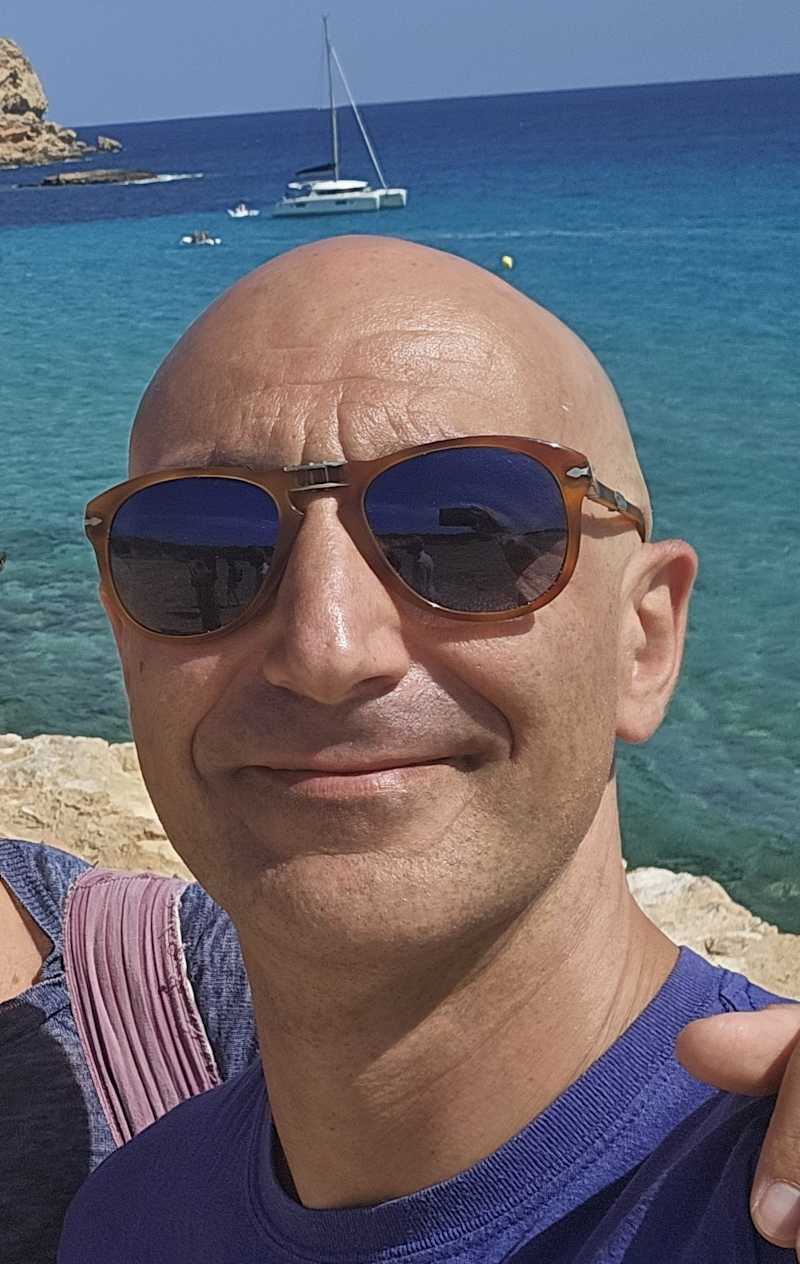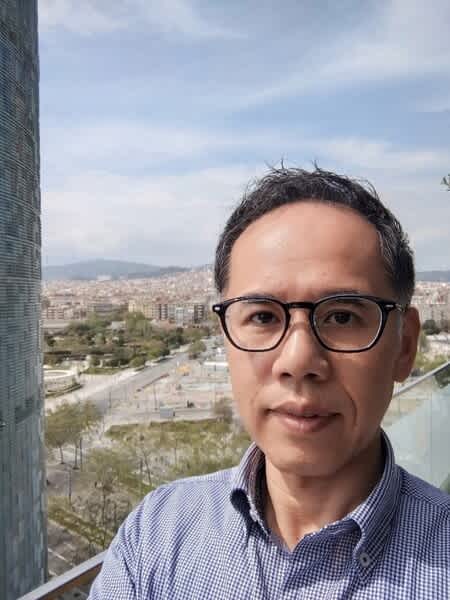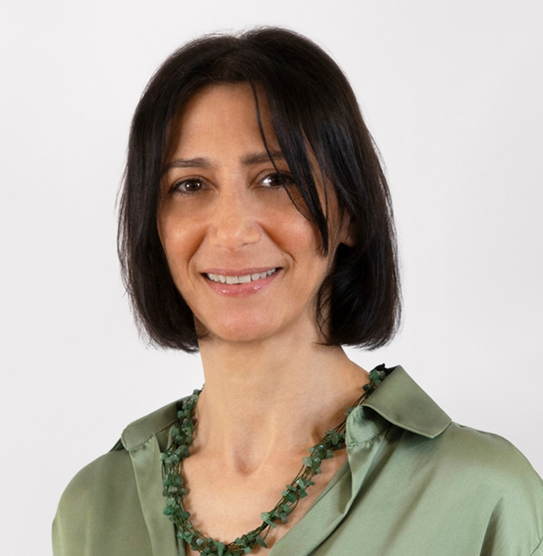Why our legal team is central to Sisvel’s success
Getting the law right is a non-negotiable for a business like Sisvel’s. That puts senior in-house counsel Christine Walmsley at the heart of much of what the company does
As a patent pool administrator, Sisvel sits at the centre of complex deals involving dozens of sophisticated companies. This means the firm’s legal team is constantly working on agreements that need to align with myriad laws and regulations, a variety of commercial contexts and the requirements of FRAND licensing.
Christine Walmsley is a Luxembourg-based senior member of the Sisvel legal function. She joined the company in 2023 after working in-house and in private practice. She is a qualified lawyer, European patent attorney and UPC representative.
In this interview, Christine talks about her experiences in IP practice and highlights some issues becoming more prominent in negotiations. These include indemnifications, a topic creating confusion among smaller firms; and NDAs, which can be used to stall negotiations.
Christine Walmsley, Senior IP Legal Counsel
How did you get started in IP? Was it something you always knew you wanted to do?
Very few people go to school thinking ‘I want to be a patent attorney’ and I was no exception. I had diverse interests; the challenge was that I thought I had to choose one path and close the door to the others.
Just after I finished my undergraduate studies in biochemistry, I met a friend’s mother who had worked as a patent attorney. She was a seriously impressive woman and had a lift in her house!
While the house awed me at the time, what made a lasting impression was meeting an accomplished woman who had left her mark on the world by combining her own interests rather than narrowing her focus. I’m very grateful for the path this encounter set me on – whether or not I ever have a personal lift.
You started your IP career as a lawyer and patent attorney with a private practice firm. What was it that initially captured your interest?
Early in my training and experience, I was exposed to litigation. We had clients who were confident in the validity of their IP rights and weren't afraid to assert them when commercial negotiations failed. I saw the exciting side of IP enforcement, from Anton Piller orders (for preservation of evidence) to the seizure of products. It really drove home that a patent isn't simply a piece of paper; it only has real meaning and commercial value if you are prepared to enforce it.
At the same time, these disputes normally ended in a settlement and often in licensing deals. Working on agreements where an innovator agrees to share its IP really appealed to me. It combined technology, collaboration, and the commercial and relational aspects of IP. It’s phenomenal to be part of bringing a technology to market so that consumers can benefit from it. The legal aspects of IP are merely a foundation for giving life to human creativity which gives us amazing technologies to improve countless lives. It’s real-world magic.
You also led an enforcement campaign from an in-house role. What did it take to do this as the rights holder?
It started with a great idea and a technology that really improved a product. When the product became a commercial success, other parties started trying to copy it. The company had to decide whether to maintain a monopoly or license the technology, and we ultimately chose a hybrid strategy.
In this case, enforcement came first because the patents faced a number of challenges around the world. Once those patents were found to be valid and companies realised they couldn't infringe without legal consequences, they started asking for licences. This ultimately led to a portfolio of over 150 active licensees paying running royalties.
Once manufacturers had committed to implementing the technology in their products, we needed to protect their investments in the technology, such as machinery for example. It wouldn’t have been fair to them to grant licences but then fail to stop unauthorised use of the technology. We also needed to protect the reputation of the technology itself, because if an inferior product is put on the market, it affects the whole industry.
Enforcement didn’t happen overnight but led to litigation spanning five continents. Even an ITC order in the US required significant follow-up market research to identify unlicensed parties. Ultimately, we reduced infringement in the US by over 70% and made even bigger dents in other markets. The income generated was ploughed back into R&D programmes.
You joined Sisvel as Senior Legal IP Counsel in 2023 – what do you make of the culture at the firm?
If I had to summarise the essence of Sisvel, I’d say it’s the relationships we develop and our view of IP as an asset and how to commercialise it. Every function at Sisvel is there to support that. I don't think there's a situation we haven't seen as a business, so there is a wealth of experience in licensing and in specific technologies that you won’t easily find anywhere else.
Sisvel also invests in people. Even before joining, I knew that UPC litigation was going to take off and mentioned I wanted to do a course on it, the answer was: "When will you start?" A common concern when you go in-house is whether your academic knowledge will stall, but at Sisvel continued education is celebrated and supported. The company has a clear ability to identify and recruit knowledge-seekers. Of course, in the SEP world jumping the S-curve is an extreme sport. It really is “adapt or die”.
What are the challenges unique to legal work for a pool administrator?
We are in the middle; we don't own all the assets and so often encounter unique constraints. We can see the commercial arguments of implementers and reconcile them with the business needs of the patent owners.
We aren't exactly mediators, but we do take a more arm’s-length role. This is a benefit to the market because it often allows us to find common ground. Not only do patent owners and implementers often compete in the same space, but patent owners view patents like their children, and implementors view their products in the same way. This adds a layer of complexity, and it is rewarding to find ways to reconcile the two perspectives.
What does a typical day look like for you?
My day-to-day work often requires me to balance urgent deals with longer-term projects. I'll draft licensing agreements, but I'll also work on upstream documents like NDAs. When you understand the connection between them and know the business goal, you look at everything with fresh eyes because it’s clear that every part of the process has value.
Market knowledge is required at every step. You need to be able to analyse a patent’s value and how that corresponds to the business operations of a potential licensee. When you go into a discussion with a licensee, you must know their business, where they are making their products, which components they rely on, who they are selling to and what their supply chain looks like. When you imagine a clause in a contract superimposed onto a supply chain in the real world, it takes on a life of its own. It's not mere words on a piece of paper.
How do you work with other parts of Sisvel?
The appeal of licensing for me is that nothing exists in a vacuum. It takes teamwork and collaboration to understand the technical, financial, commercial, relational and legal aspects of any given matter. When I recognise a gap in information, I can immediately harness the full support of the Sisvel team - Sisvel Tech, the Programme team, Licensing and Finance.
One thing patent attorneys are not afraid of is asking “stupid questions”. Sisvel is fantastic at finding answers and providing solutions.
What do you most enjoy about working in-house?
Being in-house means being close to the business and understanding where the value lies and how it fits into the corporate strategy. This is really exciting because it means you can take decisions upstream that you might not even know of if you were at an external law firm.
How would you sum up Sisvel's approach to working with outside counsel?
Although Sisvel insources certain expertise, we can't be experts in every country or legal subject and so we draw on our network of advisers who each bring significant weight to any matter.
Being in-house brings greater visibility to the details of a matter. This means we have the context, and it's our role to explain that to external counsel as quickly and concisely as possible so they have a foundation to do what they do best.
When we hire external counsel, it’s based on their skill, expertise and years of experience in a specific area, technology, and market. External counsel who distinguish themselves are those able to translate the dry legal framework, anticipate issues and apply this to the business. That commercial savvy is what sets them apart: answering questions that haven’t been asked yet.
You recently became a UPC Representative. How do you assess the court’s first two years of operation and what are we still waiting to learn?
I think initially, everyone, especially in the SEP space, took a wait-and-see approach. What started as a trickle has now become a flood. The only roadblock to asserting at the UPC is having patents that are already pinned in national jurisdictions, but I think we’ll see SEP owners using the UPC more and more as new patents are granted.
One interesting decision for patents was in the BSH v Electrolux CJEU case, which concerned extraterritorial damages. This has opened the door to pursuing findings of infringement and damages even for non-UPC states in a single action. We’re already seeing an impact on strategies, and future decisions might broaden or narrow the scope of what can be claimed. This brings a certain tension to cross-border litigation so I expect various national courts may adapt in interesting ways.
How do you prepare for global IP disputes with so much divergence in how courts are approaching FRAND issues?
Preparation for litigation is actually quite simple; it’s called good faith negotiation. No one actively wants to litigate but where it is unavoidable, our job is to ensure the negotiations have been consistent with the approach of all jurisdictions where an enforcement campaign might end up.
Cross-border litigation can be challenging because different parts of a negotiation history may hold more or less weight depending on the jurisdiction. Our role as in-house counsel is to ensure that the litigators base their arguments on the same facts of the case’s history and that the truth is told consistently. I have seen infringers try to force plaintiffs into different stories and different tracks to create confusion and a check mate situation in different jurisdictions. When you don't want to commit to a licence, confusion is your friend.
What’s a legal topic within IP you think the market widely misunderstands?
We see indemnifications creating a lot of confusion and risk in the market. Our licensing teams often encounter implementers who believe they have satisfied their licensing obligations – whether in an area like cellular IoT or Wi-Fi – by obtaining an indemnification from a supplier.
Having reviewed many of these agreements, we believe they, at best, create a false sense of comfort among companies that still face a lot of risk, and, at worst, spread misinformation. We see language that we believe creates a misleading impression as to the licences held by the supplier as well as loopholes and exclusions that will severely reduce the customer’s protection in the event of a dispute.
We want to get the message out that indemnifications are not always reliable so we have been working to educate the market on that issue – especially among companies that may not yet be sophisticated from an IP perspective.
Are there any legal issues creating a barrier to FRAND licence negotiations?
We are very concerned about the abuse of NDAs. An NDA should be a transitional agreement that frees the parties to evaluate how they can do business together. Instead, we see parties trying to obtain substantive rights and insert restrictions that delay the negotiation process.
In our view, the negotiation of an NDA should demonstrate good faith. When a party inserts a standstill, a covenant not to sue or an arbitration clause to arbitrate on FRAND rates in their preferred forum, it really sends up red flags about the licensee’s willingness to engage.
Quickfire questions:
What’s a typical weekend activity for you?
In summer its gardening.
What should someone with a free day in Luxembourg make sure they see and do?
Luxembourg has a beautiful upper city steeped in history. There are tunnels called Casemates which are fun to explore. One can go down to the valley or lower city called the Grund, ironically via a lift.
Where is your favourite holiday destination?
Do I have to choose one? The South African bush is beautiful. Mediterranean countries are always a pleasure.
What’s the most memorable live performance you’ve witnessed?
Again, so many. Recently I saw Trevor Noah in Amsterdam. His commentary is very insightful.
What’s your favourite TV series?
Also only one? Currently, I’m enjoying Matlock with Kathy Bates.
What’s the best piece of professional advice you’ve received?
The one that stands out is “perfect is the enemy of the good”.



